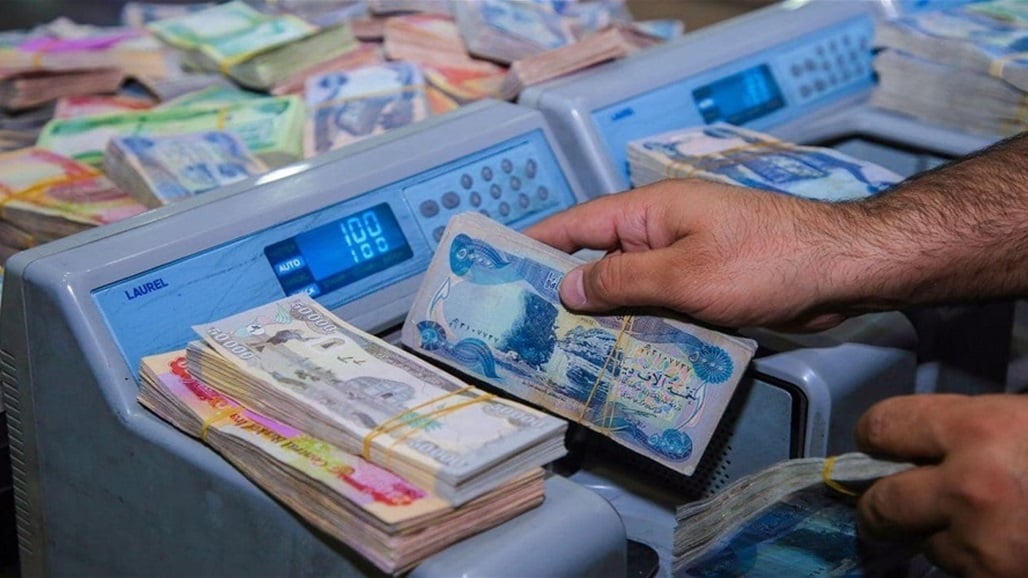Private banks continue to monopolize foreign remittances, without providing any tangible banking services!
Private banks continue to monopolize foreign remittances, without providing any tangible banking services!
2025-04-09
 Many economic experts believe that foreign and local banks with foreign management, such as the Jordanian-run National Bank of Iraq, monopolize bank transfers in Iraq and deprive local banks of these services, without providing any tangible banking services to Iraqis. The Iraqi banking system is collapsing because most Iraqi banks are subject to US sanctions. This has prompted foreign and local banks with foreign management to monopolize bank transfers in Iraq and deprive local banks of these services, without providing any tangible banking services.
Many economic experts believe that foreign and local banks with foreign management, such as the Jordanian-run National Bank of Iraq, monopolize bank transfers in Iraq and deprive local banks of these services, without providing any tangible banking services to Iraqis. The Iraqi banking system is collapsing because most Iraqi banks are subject to US sanctions. This has prompted foreign and local banks with foreign management to monopolize bank transfers in Iraq and deprive local banks of these services, without providing any tangible banking services.
This was done with the approval of the Central Bank of Iraq, despite the fact that these banks, including the Jordan National Bank, lacked any competitive advantage. However, they were guaranteed by the Americans and had accounts opened for them at Citibank and JPMorgan Chase in the United States, solely because they were owned by foreign investors affiliated with banks in Jordan and the Gulf.
While the National Bank and other similar banks do not operate on the principle of providing distinguished banking services to Iraqis, they operate under the guarantee of foreign banks in their countries.
At the same time, these banks generate astronomical profits of up to 300 billion dinars annually, and profits could reach billions if sales are combined with side commissions.
As a result, many see a need to amend the Central Bank’s policies, support the Iraqi banking system, strengthen its standards, and enhance its ability to process remittances and engage in banking operations.
In numbers, and compared to other countries in the region, it does not give more than 14 percent to foreign banks, while Iraq provides 100 percent to these banks. Contrary to the Companies Law, which sets the interest rate at 49 percent, the Central Bank relied on Article 107 of the Banking Law, which allowed the Central Bank’s Board of Directors to give a percentage without specifying more or less.
burathanews.com
